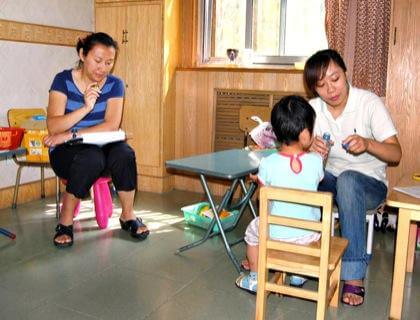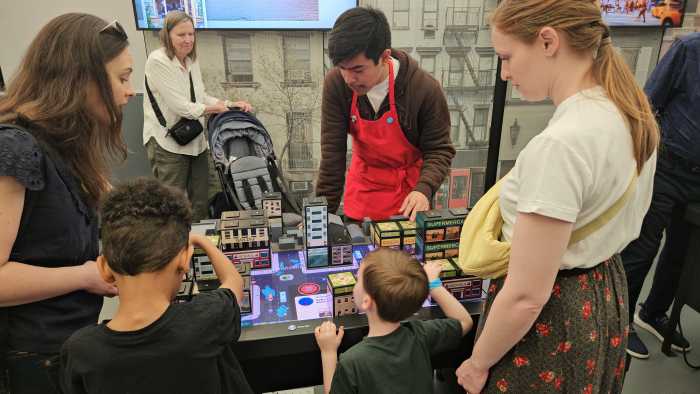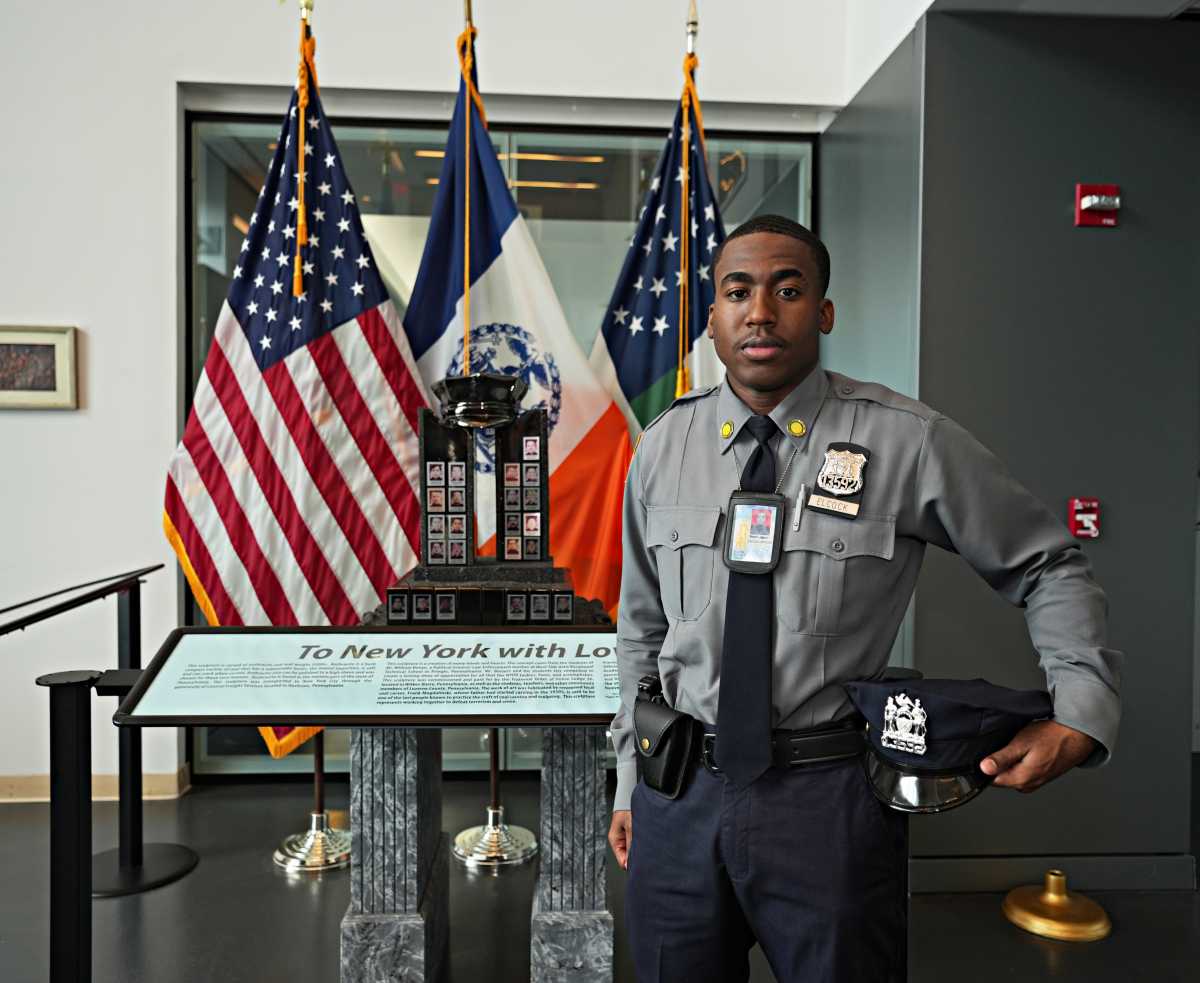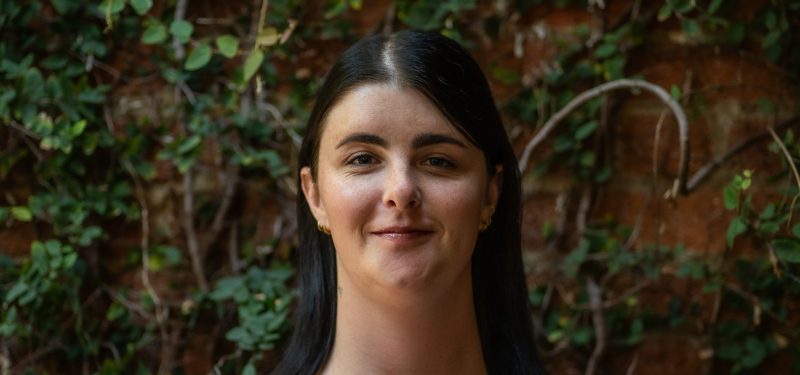By Anna Gustafson
Queens College will soon be lending its resources and expertise to the Beijing Wucailu Children Centre, a group that provides support for autistic children and the children’s families and teachers in China, the Flushing school announced last week.
Peishi Wang, a professor of educational and community programs who grew up in China, spearheaded the partnership between the center in Beijing and Queens College and said school officials plan to help the center evaluate its programs, train Chinese teachers at Queens College and conduct online staff training for the individuals working in the center’s three sites in China’s capital.
Queens College professors said they also hope to send their teachers to China.
The center is headed by Menglin Sun, a philanthropist in China.
“Menglin’s school is exploding and growing,” Wang said. “The demand is unbelievable so she always has a wait list. The program is growing so fast, and she wanted to do a program-wide evaluation, an assessment to make sure her three sites are operating with the same level of quality.”
The school in China was formed in 2004 by a group of Chinese doctors who found that after diagnosing children with autism, there were few places they could refer those individuals to for further help. Sun became involved not long after, and she has overseen a spike in the center’s population from five students in 2004 to more than 200 pupils and 80 teachers in three different locations in Beijing. The school takes children from throughout China.
Wang met Sun in 2005 while attending an international conference in Beijing on applied behavior analysis. Wang, who grew up in Shenyang, China, had conducted research for her dissertation in China in 2004, during which time she said she “realized the country really needs people with training and experience and knows what to do with children with autism.”
China has a growing autistic population, Wang said, but it is hard to decipher just what percentage of the population has autism because few doctors are trained in how to diagnose autism using the method predominantly used in North America and Europe.
China conducted its first national survey in 1987 to determine how many people had disabilities and followed up with a second survey in 2006. The survey’s results found about 83 million Chinese residents out of a total population of more than 1.3 billion had disabilities. Wang said about 40 percent of those individuals probably are not receiving the treatment they need for their disability, and she suspects a higher percentage of those with autism are not getting support because of a lack of knowledge and information about the disorder.
Craig Michaels, the coordinator of the graduate programs in special education who will travel to Beijing with Wang this summer to conduct a needs assessment of the Beijing Wucailu Children Centre, said he hopes the partnership between Queens College and the Chinese school will be “long-term.”
“There’s so many kids with special needs there, and we want to see if we could shift public policy in the country to create mechanisms for all kids to be educated,” Michaels said.
To ensure the partnership will be an ongoing affair, Wang said she is now looking for “help from foundations and even private benefactors.” They are also looking to the Chinese Federation for Disabled Persons for funding.
Reach reporter Anna Gustafson by e-mail at agustafson@cnglocal.com or by phone at 718-229-0300, Ext. 174.

































